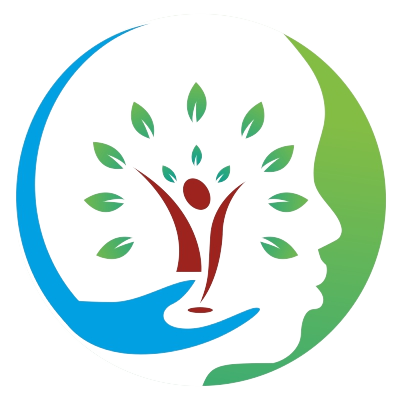
Contact Us
Online Appointments
- No exposure from potent chemicals.
- No withdrawal symptoms
- High efficacy rate
- Individualistic prescribing.
- Minimum dose.
- Rapid, gentle and permanent cure of disease.
- Holistic approach
- Painless process of treatment
- Availability of thousands of fully proved medicines on healthy human beings
- Economic medicines
Post-Traumatic Stress Disorder (PTSD)
Post-Traumatic Stress Disorder (PTSD) is a mental health condition that can develop in individuals who have experienced or witnessed a traumatic event. These events may include natural disasters, combat exposure, accidents, physical or sexual assault, or other life-threatening experiences. PTSD can have a profound impact on a person's emotional well-being, relationships, and daily functioning.
Symptoms of PTSD:
PTSD symptoms can be categorized into four main clusters:
-
Intrusive Thoughts: Individuals with PTSD may experience distressing and intrusive memories, flashbacks, or nightmares related to the traumatic event. These symptoms can be triggered by reminders of the trauma and can cause significant emotional distress.
-
Avoidance Behaviors: People with PTSD may go to great lengths to avoid reminders of the traumatic event, including places, people, activities, or conversations that evoke distressing memories. Avoidance behaviors can interfere with daily functioning and social relationships.
-
Negative Changes in Thinking and Mood: PTSD can lead to negative changes in thoughts, beliefs, and emotions. This may include feelings of guilt, shame, or detachment from others, as well as persistent negative beliefs about oneself or the world.
-
Hyperarousal: Individuals with PTSD may experience heightened arousal or reactivity, including difficulty concentrating, irritability, hypervigilance, and exaggerated startle responses. These symptoms can make it challenging to relax or feel safe, leading to feelings of constant tension and anxiety.
Management of PTSD:
-
Psychotherapy: Various psychotherapy approaches have been shown to be effective in treating PTSD:
- Cognitive-Behavioral Therapy (CBT): CBT for PTSD typically involves techniques such as cognitive restructuring to challenge negative thoughts, exposure therapy to confront trauma-related memories and triggers, and skills training to manage symptoms of anxiety and arousal.
- Eye Movement Desensitization and Reprocessing (EMDR): EMDR is a specialized form of therapy that involves guided eye movements or other bilateral stimulation techniques to process traumatic memories and reduce their emotional intensity.
- Trauma-Focused Therapy: Trauma-focused therapies, such as prolonged exposure therapy and narrative exposure therapy, focus specifically on addressing trauma-related symptoms and promoting healing.
-
Medication: Certain medications may be prescribed to help manage symptoms of PTSD, particularly those related to depression, anxiety, and sleep disturbances. These may include selective serotonin reuptake inhibitors (SSRIs), serotonin-norepinephrine reuptake inhibitors (SNRIs), or other psychiatric medications.
-
Self-Care Strategies: Self-care practices can play a crucial role in managing PTSD symptoms and promoting overall well-being:
- Healthy Lifestyle Habits: Engaging in regular physical activity, maintaining a balanced diet, getting adequate sleep, and avoiding alcohol and substance use can help improve mood and reduce symptoms of anxiety and depression.
- Stress Management Techniques: Techniques such as mindfulness meditation, deep breathing exercises, progressive muscle relaxation, and yoga can help individuals reduce stress and promote relaxation.
-
Social Support: Building and maintaining supportive social connections can provide valuable emotional support and validation for individuals with PTSD. Support groups, peer counseling, and connecting with friends and family members who understand and empathize with their experiences can help reduce feelings of isolation and loneliness.
-
Education and Coping Skills Training: Learning about PTSD, its symptoms, and effective coping strategies can empower individuals to better manage their symptoms and navigate challenges related to their condition. Psychoeducation programs and skills training workshops may offer valuable resources and support.
-
Trauma-Informed Care: Seeking out healthcare providers, therapists, and support services that specialize in trauma-informed care can ensure that individuals receive compassionate and culturally sensitive treatment that addresses their unique needs and experiences.
-
Safety Planning: Developing a safety plan that outlines coping strategies, support resources, and emergency contacts can help individuals manage crisis situations and stay safe during times of heightened distress or vulnerability.
It's important to note that treatment for PTSD is often tailored to the individual's specific needs, preferences, and circumstances. Recovery from PTSD is possible with appropriate support, treatment, and self-care strategies. Seeking professional help from mental health professionals trained in trauma treatment is essential for effective management of PTSD symptoms and promoting healing and recovery.


